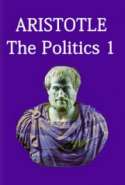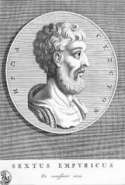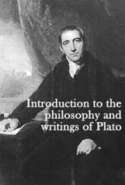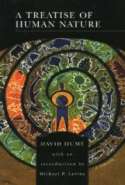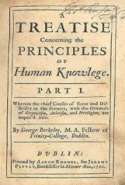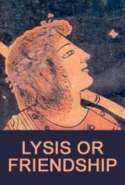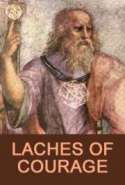Philosophy (Academic) Books
Aristotle. The Politics 1
Intellectually stimulating work describes the ideal state and ponders how it can bring about the most desirable life for its citizens. Both heavily influenced by and critical of Plato's Republic and Laws, Politics is the distillation of a lifetime of thought and observation. The great Benjamin...
Sextus Empiricus and Greek scepticism
Sextus Empiricus (c. 160-210 AD), was a physician and philosopher, and has been variously reported to have lived in Alexandria, Rome, or Athens. His philosophical work is the most complete surviving account of ancient Greek and Roman skepticism. In his medical work, tradition maintains that he...
Introduction to the Philosophy and Writings of Plato
Taylor was an admirer of Hellenism, most especially in the philosophical framework furnished by Plato and the Neoplatonists Proclus and the "most divine" Iamblichus, whose works he translated into English. So enamoured was he of the ancients, that he and his wife talked to one another only in...
History of Modern Philosophy From Nicolas of Cusa to the Present Time
First published in 1893. According to the translator's preface: "The aim of this translation is the same as that of the original work. Each is the outcome of experience in university instruction in philosophy, and is intended to furnish a manual which shall be at once scientific and popular, one...
Mysticism and logic
Metaphysics, or the attempt to conceive the world as a whole by means of thought, has been developed, from the first, by the union and conflict of two very different human impulses, the one urging men towards mysticism, the other urging them towards science. Some men have achieved greatness...
A Treatise of Human Nature
Hume began writing A Treatise of Human Nature at the age of sixteen, finishing the work ten years later. Although many scholars today consider the Treatise to be Hume's most important work and one of the most important books in the history of philosophy, the public in Britain did not at first...
A Treatise Concerning the Principles of Human Knowledge
A Treatise Concerning the Principles of Human Knowledge (Commonly called "Treatise" when referring to Berkeley's works) is a 1710 work by Anglo-Irish Empiricist philosopher George Berkeley. This book largely seeks to refute the claims made by his contemporary John Locke about the nature of human...
Lysis or friendship
Lysis is a dialogue of Plato which discusses the nature of friendship. It is generally classified as an early dialogue. The main characters are Socrates, the boys Lysis and Menexenus who are friends, as well as Hippothales, who is in unrequited love with Lysis and therefore, after the initial...
Laches of Courage
The Laches is a Socratic dialogue written by Plato. Participants in the discourse present competing definitions of the concept of courage.
Ion
In Ion, Plato presents a dialogue between his influential teacher Socrates and a distinguished rhapsode, Ion. While Socrates considers himself “a common man who only speak the truth” (47), Ion is proud and boastful, regarding himself as a rhapsode who can “speak about Homer better than any...

